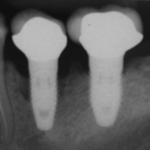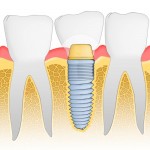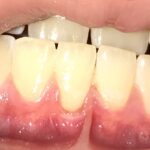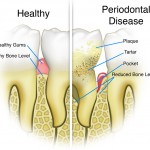
The study assesses the impact of antibiotic prophylaxis on the incidence of infective endocarditis following invasive dental procedures, specifically focusing on the risk reduction for high-risk individuals.
[read the full story...]
The study assesses the impact of antibiotic prophylaxis on the incidence of infective endocarditis following invasive dental procedures, specifically focusing on the risk reduction for high-risk individuals.
[read the full story...]
This review of the effect of different mouthwashes on gingival healing used after oral surgery in adults included 13 RCTs. The trials assessed 12 different products and concentrations and only one RCTs was considered to be at low risk of bias so the findings should be interpreted cautiously.
[read the full story...]
This review of the efficacy of different bone reconstructive therapies for peri-implantitis compared to access flap surgery at 12 months or longer. included 18 studies with 12 RCTs contributing to the meta-analyses. The findings suggest that compared with access flap surgery reconstructive surgery does not offer significant improvements at 12 months but the evidence is of low certainty.
[read the full story...]
This review of the surgical treatment of peri-implantitis alone or in combination with adjunctive graft material included 5 small RCTs. The findings suggest improvements in marginal bone level (MBL) with graft material but the findings should be interpreted very cautiously because of the limited amount and quality of the evidence.
[read the full story...]
This review of the effect of surgical root coverage (RC) on dentine hypersensitivity (DH) associated with gingival recession included 13 RCTs. The findings suggest that RC techniques are associated with a reduction in DH a majority of the included studies were small and DH was only a secondary outcome.
[read the full story...]
Mark-Steven Howe takes a detailed look at this review update and network meta-analyses of periodontal regenerative therapies. He highlights the inclusion of non-resorbable membrane studies that are no longer used.
[read the full story...]
This review of the clinical efficacy of tricalcium phosphates (-containing) biomaterials in the treatment of periodontal infra-bony defects includes 16 RCTs. While the findings suggest improvements in pocket depth and clinical attachment level only 6 of the studies contributed to the meta-analyses and the number of events and studies are small so the findings should be viewed cautiously.
[read the full story...]
Our most popular blogs in July August and September covered periodontal surgery, Interproximal caries detection and local anaesthesia for inferior alveolar nerve blocks.
[read the full story...]
4 RCTs involving 96 patients were included in this review of osseous resective surgery (ORS) in the treatment of residual periodontal defects.
The findings suggest some benefit from ORS but they should be interpreted cautiously because of the limited number of small studies.

This review of the effect of cortical perforations in bone regeneration considering the surgical technique included 16 small studies. All but one of teh studies was conducted in an animal model providing very little clinically relevant data.
[read the full story...]